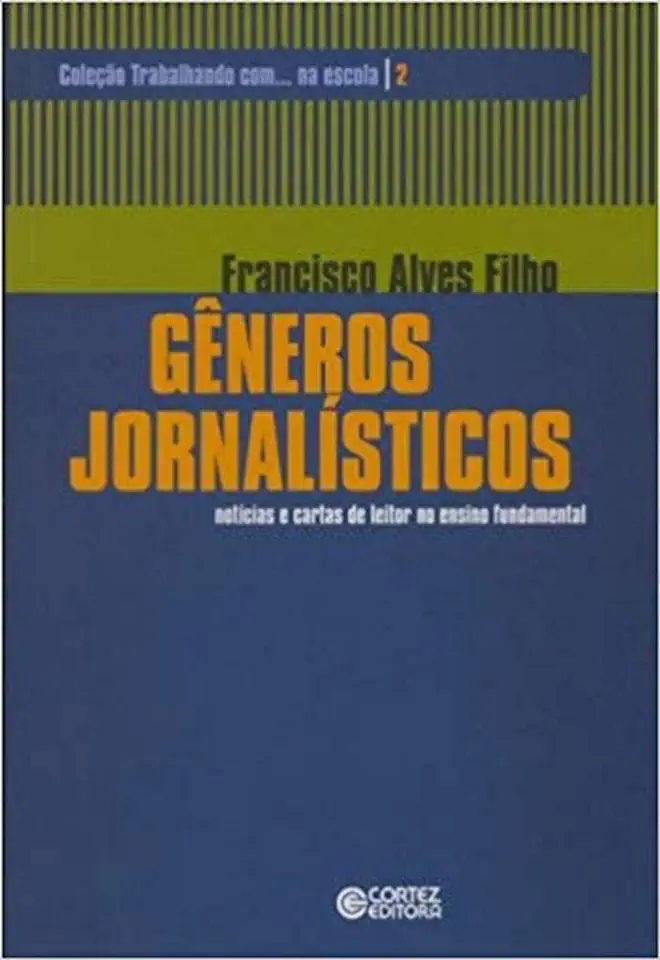
Journalistic Genres - Francisco Alves Filho
Journalistic Genres: A Comprehensive Guide to Writing for Print, Broadcast, and Online
Introduction
In today's fast-paced media landscape, it's more important than ever for journalists to be able to write effectively in a variety of genres. From hard news and feature stories to opinion pieces and multimedia presentations, journalists need to be able to adapt their writing style to the specific needs of their audience and the medium they're working in.
The Different Types of Journalistic Genres
There are many different types of journalistic genres, each with its own unique characteristics and conventions. Some of the most common genres include:
- Hard news: Hard news stories are objective, factual accounts of current events. They typically focus on who, what, when, where, and why, and they aim to inform readers about important issues in a clear and concise way.
- Feature stories: Feature stories are longer, more in-depth articles that explore a single topic in greater detail. They often use narrative techniques to engage readers and provide them with a deeper understanding of the subject matter.
- Opinion pieces: Opinion pieces are subjective articles that express the author's point of view on a particular issue. They can be persuasive, argumentative, or even humorous, but they should always be well-reasoned and supported by evidence.
- Multimedia presentations: Multimedia presentations combine text, images, audio, and video to tell a story in a more engaging way. They can be used to create interactive experiences for readers and viewers, and they can help to reach a wider audience.
How to Write Effectively in Different Journalistic Genres
Writing effectively in different journalistic genres requires a solid understanding of the conventions of each genre, as well as the ability to adapt your writing style to the specific needs of your audience. Here are a few tips for writing effectively in different journalistic genres:
- Hard news: When writing hard news stories, focus on accuracy, objectivity, and clarity. Use short, simple sentences and avoid jargon and technical terms.
- Feature stories: When writing feature stories, take the time to develop your characters and plot. Use vivid language and imagery to create a sense of place and atmosphere.
- Opinion pieces: When writing opinion pieces, be clear and concise in your argument. Support your points with evidence and be respectful of opposing viewpoints.
- Multimedia presentations: When creating multimedia presentations, use a variety of media to tell your story in a visually appealing way. Keep your text concise and focus on creating a cohesive experience for your audience.
Conclusion
Journalistic genres are a powerful tool for communicating information and ideas to the public. By understanding the different types of genres and how to write effectively in each one, journalists can reach a wider audience and make a greater impact on the world.
Order Your Copy Today!
Journalistic Genres is the essential guide for anyone who wants to write for print, broadcast, or online. Order your copy today and start your journey to becoming a successful journalist!